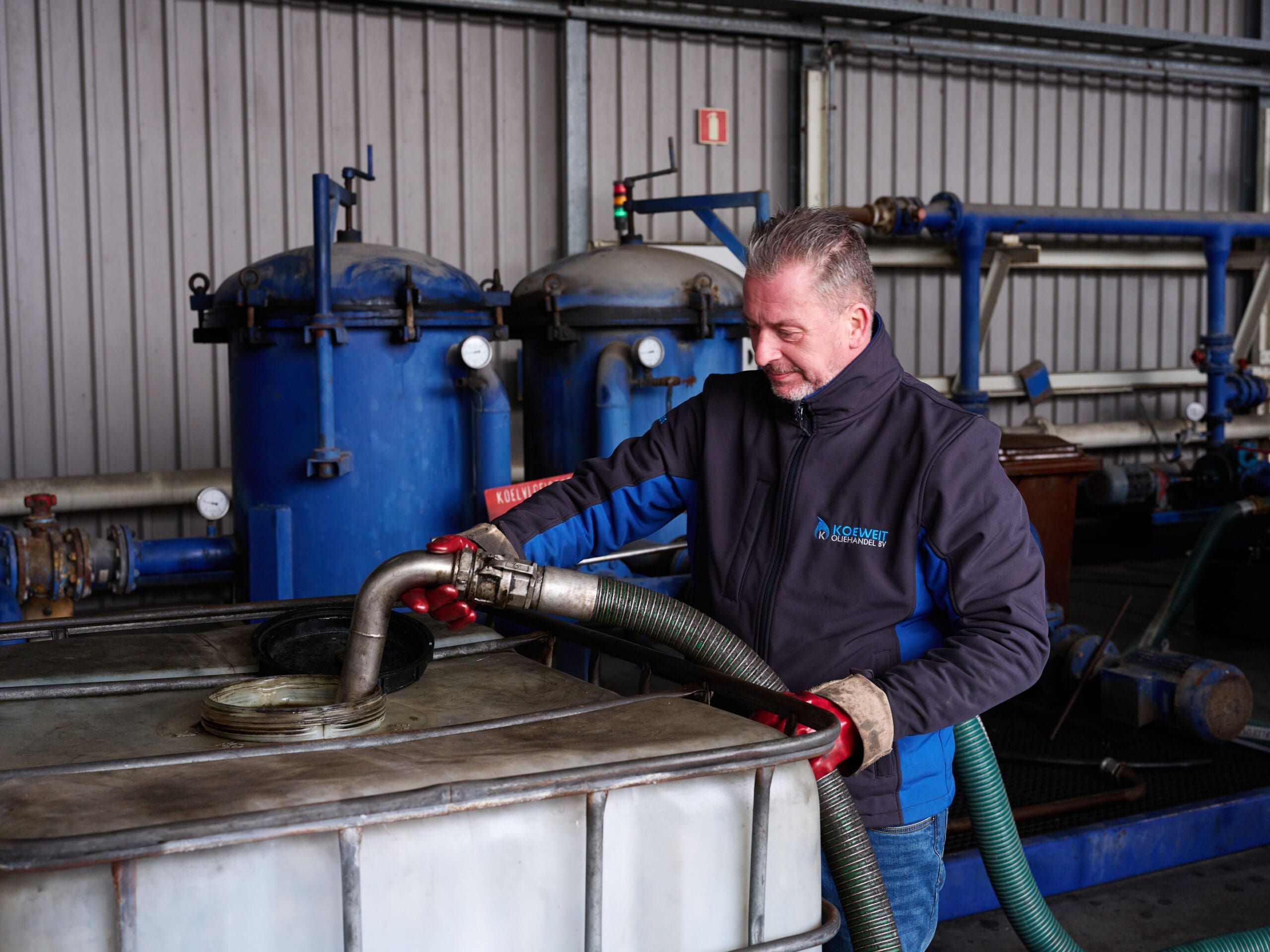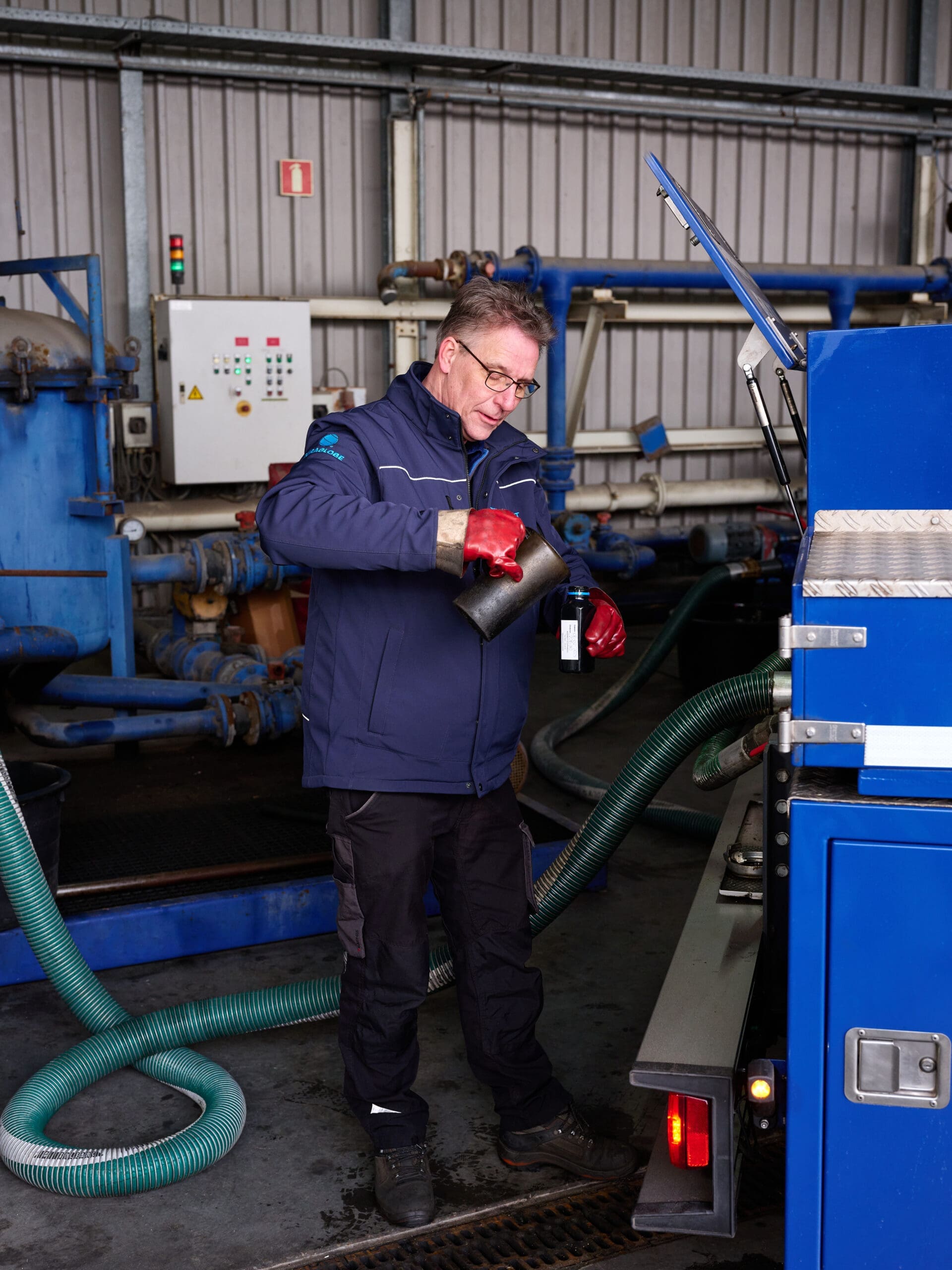
As of July 1, 2025, a new reporting requirement goes into effect for companies that waste release. From then on, you are required to report whether these waste streams contain Substances of Very High Concern (ZZS). This amendment to the Decree on Reporting Industrial Wastes and Hazardous Wastes is intended to better identify ZZS, prevent their spread and reduce risks to humans and the environment.
What are Substances of Very High Concern?
Substances of Very High Concern are chemicals that are harmful to humans, animals and the environment. These include substances that are carcinogenic, can disrupt reproduction, are toxic to aquatic organisms or accumulate in the food chain. The RIVM has a complete list made of it.
The government wants to remove these substances from the chain as much as possible. When this is not immediately possible, there is an obligation to always report their presence.
Which companies are subject to the Substances of Very High Concern notification requirement
The reporting obligation applies to companies that work with ZZS and have laid down information on this in their environmental permit, companies that are obliged to draw up an avoidance and reduction program (VRP) and companies that dispose of waste in which the discarder has indicated that ZZS may be present. Secondary discarders, who pass waste to a subsequent party, are also covered by this obligation.
What changes in practice
As of July 2025, when disposing of waste materials, companies must indicate which ZZS are present - possibly including concentrations - and submit this information in writing or digitally to your collector or processor. Relevant documentation, such as analysis reports or waste stream numbers, can be part of this notification.
To help companies with implementation, the Ministry of Infrastructure and Water Management has issued a established guidance. This provides clarity on when the reporting requirement applies and how the information should be provided correctly.


The purpose of the new reporting requirement
With the introduction of the reporting obligation, the government wants to make the presence of ZZS more transparent, better manage risks to people and the environment, and create an unambiguous working method in the waste chain. Greater visibility of the substances present in waste streams will prevent them from entering the environment unnoticed.
Action items for businesses
Companies would be wise to identify now whether they work with ZZS and which waste streams may contain these substances. Check your environmental permit and internal administration. Then map out what information you need to supply and make sure it is complete and correct when you dispose of waste materials.
Fast and hassle-free!
